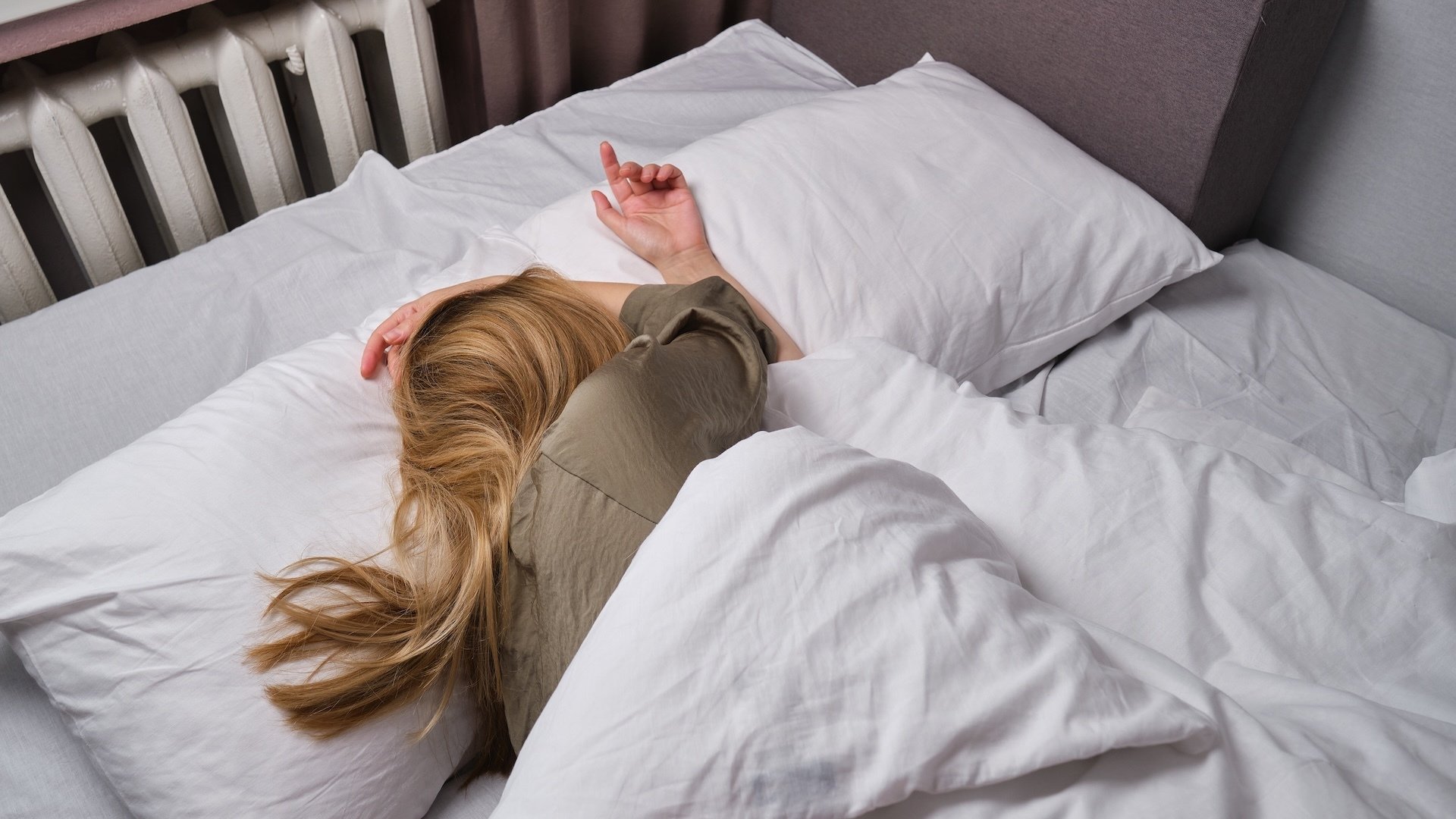Sleep can be a mysterious process even under ideal conditions, but when you’re in a completely alien environment like a hotel room or other temporary lodging it can become seemingly impossible. But if you take a little control over your environment, you can get more—and better—sleep no matter where you find yourself at night.
Make the space feel more like home
Studies have shown that aspects of our home environment like sound and smell can help us be more relaxed and and happy when we’re away, so replicating those aspects of your life in an unfamiliar spot can help you sleep:
Sound. If you normally sleep with a white noise machine, bring it with you when you travel, or find a travel-size model or phone app that simulates it.
Smell. Everyone’s home has a unique scent map. Bringing those scents with you can trick your brain into feeling “at home” in a strange place. Using the same lotions, shampoos, and soaps on the road can recreate that scent matrix. Bringing an item of clothing that smells like the dryer sheets or detergent you use at home into bed with you can also help make an unfamiliar bed seem inviting.
Routine. Another way to make an unfamiliar place seem more like home is to keep to your usual routine. However you approach bedtime at home—whether it’s reading a book, meditating for a few moments, or watching a little mindless television—do it as much as possible in your temporary digs. Try to hit the sack around the same time as usual, if you can, and keep to the same bathroom routine as well.
Control the environment
As much as possible, you want to control the physical environment that you’re sleeping in. If you’re used to sleeping in a pitch-black room, block light sources as much as possible by clipping curtains shut (binder clips work well for this), putting tape or Post-It notes over incidental light sources like alarms and thermostats, and blocking gaps under doors that allow light to leak in.
If you prefer some light while you’re sleeping, bring a nightlight with you that you can plug in to make sure even the darkest room is illuminated. And adjust the temperature, if you can—most people sleep better when the room is a little on the cool side, about 60 to 65 degrees. But if you’re used to sleeping in a warmer or even colder environment, try to get as close to that as you can.
Select a strategic location
If you have control over the location of your room (when staying at a hotel, for example), use that control to select a spot that’s conducive to a good night’s sleep. That starts with the location of the building itself—if you have a choice of guest rooms or hotels to spend the night, choose one far away from busy streets or other sources of noise. Then look for a spot that’s far from common areas like elevators or lobbies—or your friend’s living room where everyone stays up all night chatting.
Get out of bed (for a little while)
Finally, if you’re struggling to fall asleep in a strange place despite all of these efforts, give up and get out of bed. Forcing yourself to lie there and count the minutes as they slip past you just reinforces the connection between stress and anxiety and that bed, making it even less likely that you’ll fall asleep. Instead, after about 20 minutes it’s best to get up and do something relaxing for a short period of time. This resets your body and mind and breaks the association between frustration and the bed, making it easier to relax when you try again.
